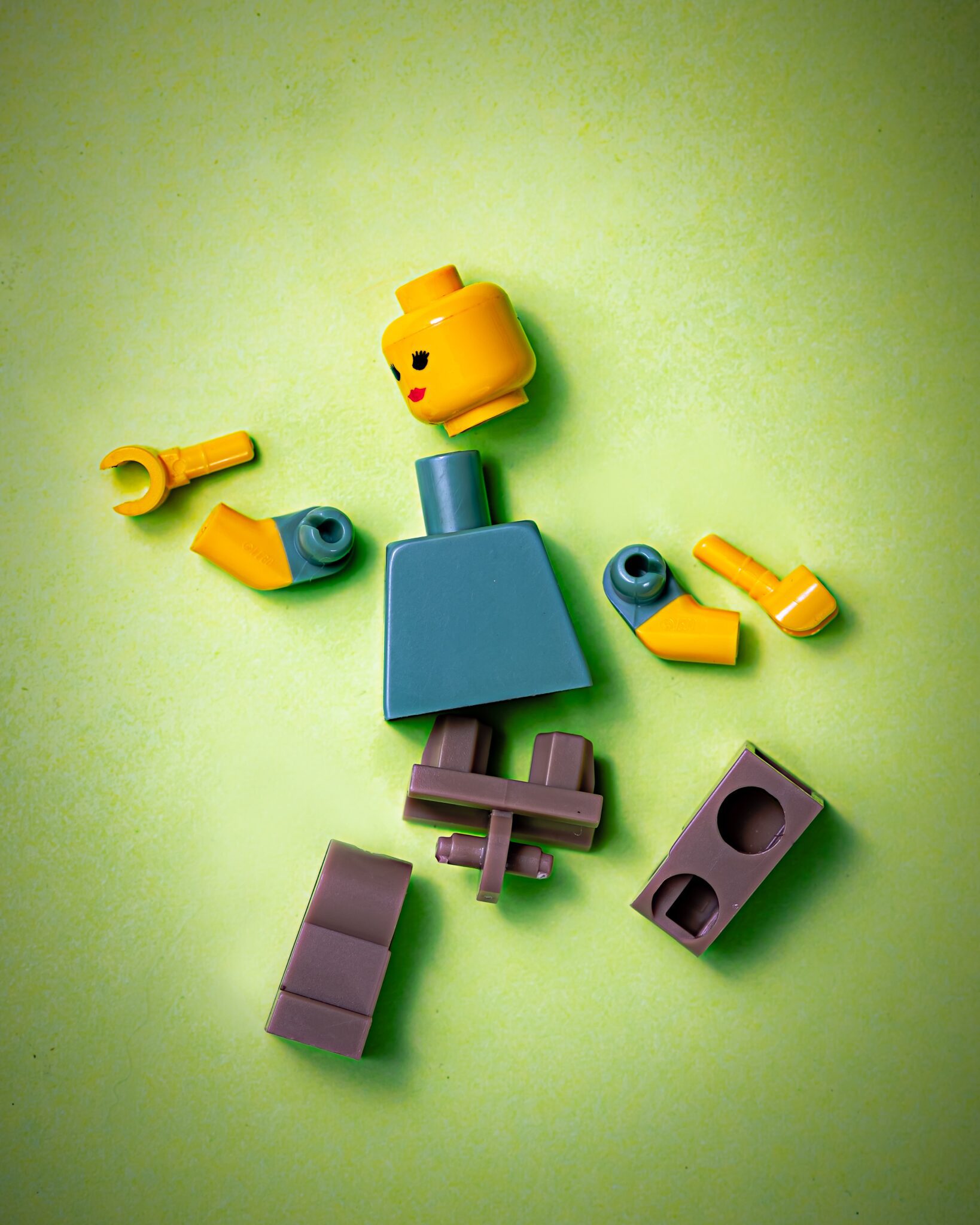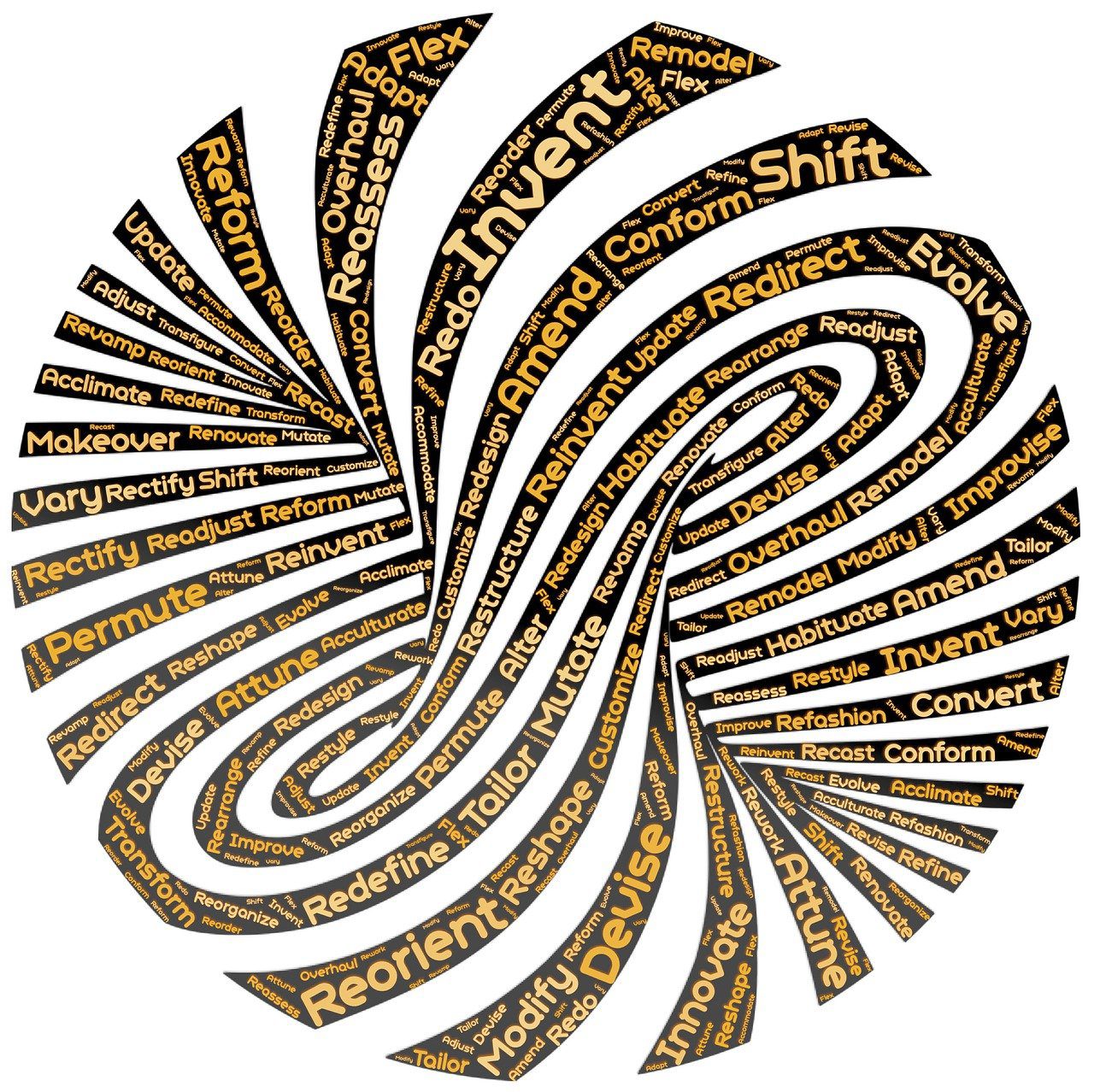Stress Management
Whether it’s relationship conflicts, parenting demands, work pressures, or unexpected setbacks, stress doesn’t discriminate. Our shoulders tense, our minds race, and that knot starts to tighten in our stomach. Our heart races, our palms sweat, we lie awake at night, restless as our thoughts ruminate and our frustrations fester. Whatever signs of stress our bodies show us, we tend to soldier on regardless.

- 30 years of experience and expertise in anger and stress management.
- A unique psycho-educational programme tailored to your situation, providing fresh and new perspectives.
- Private, safe, and uninterrupted time just for you.

Stress gives us plenty of signs to show us there’s a problem, that something needs attending to, but we tend only to listen to them as they become unbearable – when that tense shoulder freezes, when our minds race to the point of a panic attack, when that knot in our stomach is so tight that we start losing weight, when our heart is racing so hard we get palpitations, when frustration boils into conflict, or when those sleepless nights turn into insomnia as burnout beckons.
Only then do we change or step up our exercise regime and take up yoga, go to the gym more often or make an effort to do our 10k steps per day. Maybe we decide to eat more healthily and watch our sugar intake, cut down on caffeine or eat more greens. Perhaps we make an effort to go to bed earlier or change our bedtime routine to induce sleep. If our symptoms persist, we may end up paying a visit to the physio, GP or cardiologist for more in depth investigations.


All these actions help us deal with the symptoms of stress and we invariably start to feel better, but none tackle the source of stress, i.e., the stressor itself. So, as we relieve the symptoms of stress, the stressors in our lives trundle on. That toxic behaviour in the workplace, the promise of a raise or promotion that still hasn’t happened, the threat of redundancy, the ever decreasing time between leaving work and picking the kids up from school as you crawl through traffic, the clash in parenting styles, the child we don’t know how to handle, the ongoing corrosion of our relationship, the persistent burden of credit card debt, the disapproval of in-laws, the declining health of aging parents, the emptiness of the gaping hole left by loss and grief ….the list goes on.
As stressors collide with our lives, our frustrations, fears, and insecurities surface. Anxieties, anger, disappointments and hurt seep into our relationships as our stress levels grow and our energy drains away alongside our tolerance. Harsh words and criticisms eventually spill out creating more stress and tension as the cycle continues. Amidst this turmoil however, there lies an opportunity for change.


Stressors come and go during the course of our lives, and our circumstances change with them. Sometimes things get better, sometimes worse, and sometimes they just stay the same and we get used to it. What we don’t realise is that we all have the potential to benefit from these stressors even though that may seem unthinkable at the time.
Imagine a safe space where you can unpack your stress, explore its roots, and see it differently, from a new perspective. This new perspective shows you how to harness the energy that stressors take from us and use it to our own advantage.
This is where New Dawn Psychology steps in. Dr Dawn understands the weight of stress and its impact on our lives. Her mission is simple: to help you be a better version of yourself amidst the challenges in your life. With almost three decades of experience, her unique psycho-educational programme is tailor-made to guide you through this journey of transformation.
Consider these scenarios:
A hectic workday with multiple deadlines looming.
Old behaviour:
As the pressure mounts, you start to feel overwhelmed. A colleague approaches you about one of the projects and you push them away with impatience saying you haven’t got time. You work through your lunch break, switching between tasks, feeling like you’re not going to finish what you need to do. You keep pushing through, working late and taking work home, missing bedtime with the children. The next morning you feel exhausted due to interrupted sleep from ruminating thoughts about work.
New behaviour:
With increased self-awareness, you notice physical symptoms like a racing heart and shallow breathing. You recognise these as signs of stress so take some time to step away, reflect upon the situation and consider a more balanced approach to managing your workload. Being proactive in this way means that you leave work at your usual time, put the children to bed and sleep well. Feeling refreshed in the morning, you are ready to face the day.
This change in approach means that you feel in control of your workload. By not putting yourself under undue stress, you avoid potential burnout and manage your workload with realistic expectations.
A personal crisis or a significant challenge.
Old behaviour:
Feeling like your world is falling apart, you wonder how you’re going to cope. You struggle to motivate yourself and don’t feel like doing your usual exercise classes or socialising. You start spending more time dwelling on past difficulties and resort to unhealthy coping mechanisms like self-medicating with food or alcohol.
New behaviour:
You recognise that it's normal to feel overwhelmed during such times and are mindful of doing things that help you navigate the situation more constructively. You make a deliberate effort to maintain some aspects of your routine that promote well-being and are open to facing the situation with a view to learning from it.
This change in approach means that you manage the situation without compounding your stress and you come out of it with increased self-awareness.
Finding your child’s behaviour particularly challenging. They've been fighting with you, refusing to do their homework, or throwing tantrums over the smallest things.
Old behaviour:
You feel overwhelmed and out of control, unsure of how to address your child’s behaviour effectively. You react with frustration, raise your voice, and resort to issuing punishments.
New behaviour:
You now recognise when your emotions are running high, regain your composure and engage in a conversation to address the underlying causes of your child’s behaviour once they have calmed down. You find solutions that address their emotional needs so that both you and your child feel satisfied.
This change in approach creates an environment in which your child feels safe to express their thoughts and emotions. Not only do you gain a better understanding of your child, but you also encourage them to reflect on their own behaviour.
